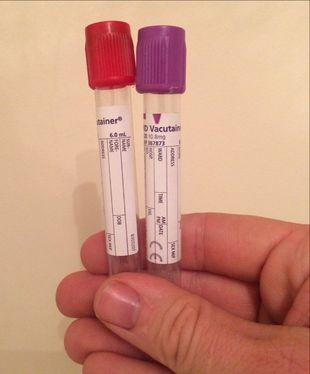VACCINATIONS AND PREVENTATIVE HEALTH CARE
Most equines will require annual vaccinations to protect against equine influenza and tetanus. Influenza is given every year whereas tetanus is required every two years (every three years with certain brands of vaccine). A combined vaccine is available or tetanus only can be given. Horses that compete or mix with large numbers of others are strongly recommended to receive cover for both influenza and tetanus. Vaccination is a good opportunity for us to have a listen to your horse's heart and lungs at no extra charge so that we can pick up problems early. We are also happy to check teeth free of charge (although if dental work or sedation is required then that will be subject to normal fees).
Herpesvirus vaccination is recommended for pregnant mares to minimise abortion risk - talk to us if your mare is pregnant or if you are thinking of placing her in foal.
It is also important that owners and yard owners consider preventative strategies to minimise infection risks. We are happy to advise regarding strangles or other infectious disease outbreaks and to help yards develop effective quarantine strategies. Blood testing for strangles is easy and we offer this service.
Worming advice is also available - call us for more information and to develop a suitable worming strategy that minimises wormer resistance, protects your horse and maybe even saves you money.

Vaccinations
Influenza and tetanus vaccinations minimise the risk of your horse, pony or donkey picking up these nasty conditions. Influenza presents mostly as a respiratory condition, with significant coughing, sneezing, lethargy and nasal discharge. It spreads through aerosol from the sneezes of infected horses.
Tetanus can be very serious with a poor outcome in many cases. Muscles go into spasm and it is usually fatal.

Preventative Care
We are happy to advise on quarantine where there is suspicion of infection and offer blood testing for strangles. It is recommended that all new arrivals on a yard are tested for strangles prior to arrival at the new yard. Many mainland yards insist on this already. Testing is simple. Swabbing for contagious equine metritis (CEM) is also offered if you are considering taking your mare to stud.

Worming Advice and Protocols
Both faecal worm eggs counts and tapeworm salivary testing is available from our practice. We can also supply suitable wormers and provide detailed and individualised worming protocols, taking into account the previous wormers that you have used, pasture management and comings and goings on your yard.
